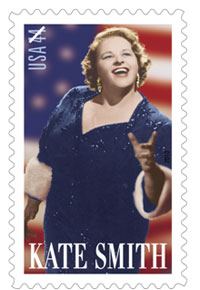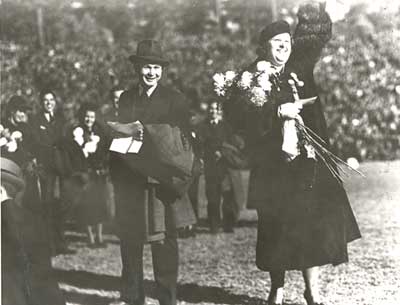“The Love Valley Rock Festival was held July 16-18, 1970, [in] the Western-themed community of Love Valley, 15 miles north of Statesville…. This small town became a big city, swelling from roughly 100 full-time residents to perhaps 200,000 youthful pilgrims.
“Because of its size, the Love Valley Rock Festival made headlines. Beyond the initial buzz, the festival served notice that the counterculture was beginning to invade formerly resistant corners of the hippie-hating South.
“ ‘We all felt we were re-creating Woodstock,’ says Marilyn Wolf, [now a Greensboro psychotherapist], who attended with friends. ‘That was the hope.’ ”
— From “Remembering N.C.’s Woodstock” in the Greensboro News & Record. Rock journalist Parke Puterbaugh uses the recollections of festivalgoers to capture a salient cultural moment that seems much longer ago than 40 years.
Were any other large-scale rock festivals staged in North Carolina?



